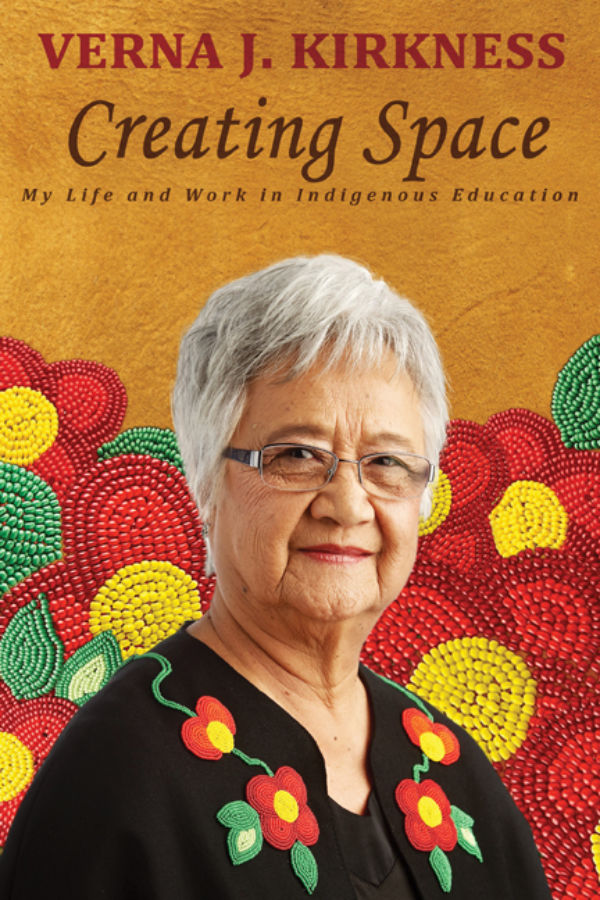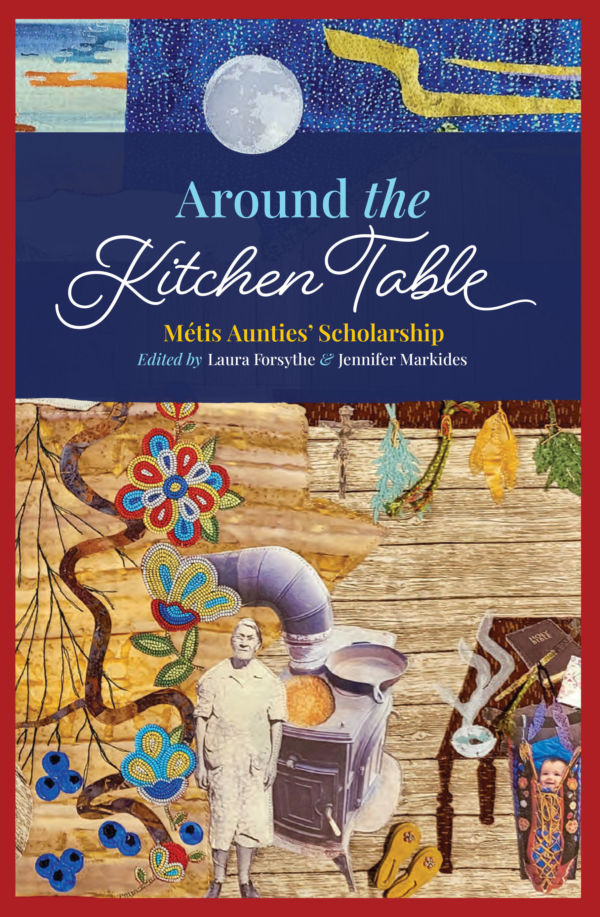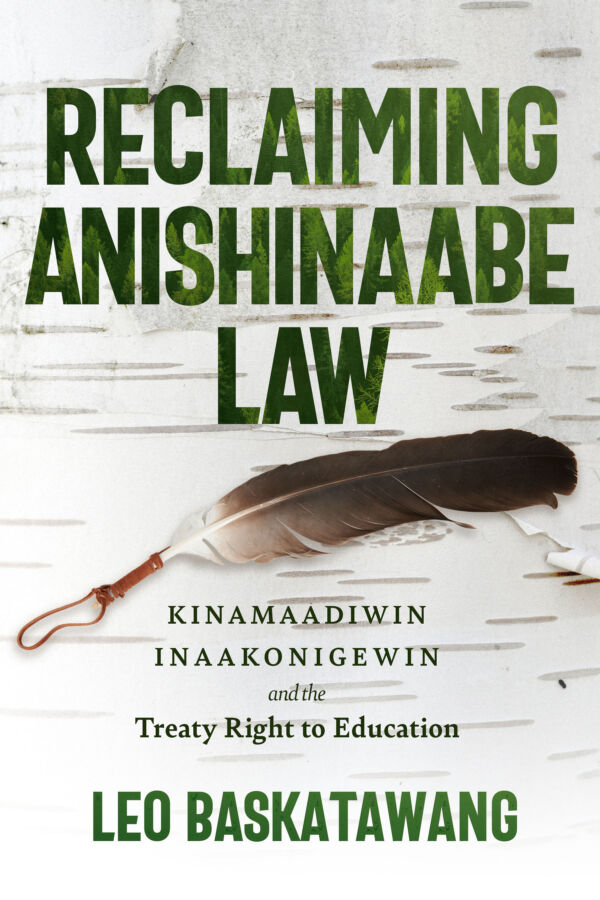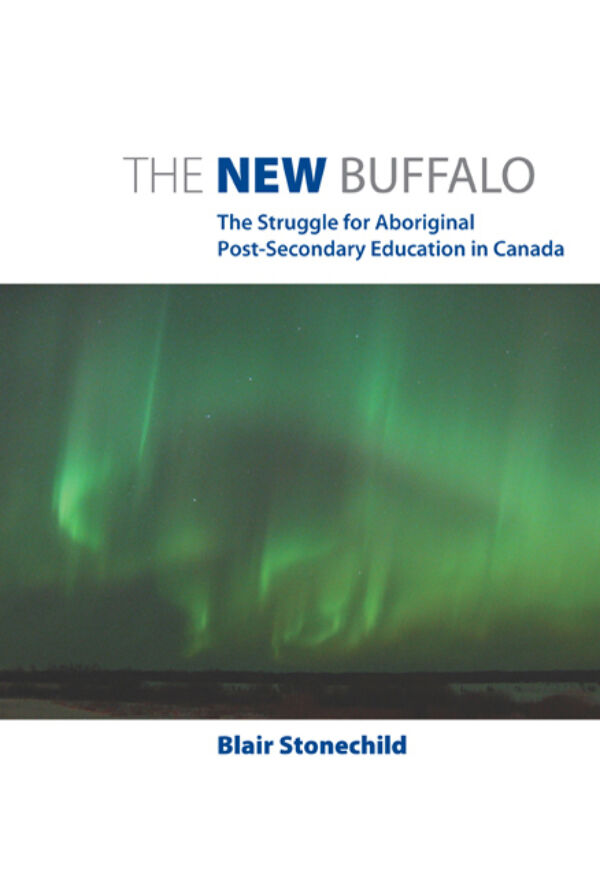Overview
Verna J. Kirkness grew up on the Fisher River Indian reserve in Manitoba. Her childhood dream to be a teacher set her on a lifelong journey in education as a teacher, counsellor, consultant, and professor. Her simple quest to teach "in a Native way" revolutionized Canadian education policy and practice.
Kirkness broke new ground at every turn. As the first cross-cultural consultant for the Manitoba Department of Education Curriculum Branch she made Cree and Ojibway the languages of instruction in several Manitoba schools. In the early 1970s she became the first Education Director for the Manitoba Indian Brotherhood (now the Assembly of Manitoba Chiefs) and then Education Director for the National Indian Brotherhood (now the Assembly of First Nations). She played a pivotal role in developing the education sections of Wahbung: Our Tomorrows, which transformed Manitoba education, and the landmark 1972 national policy of Indian Control of Indian Education. These two major works have shaped First Nations education in Canada for more than 40 years.
In the 1980s she became an assistant professor at the University of British Columbia where she was appointed Director of the Native Teacher Education Program, founded the Ts’‘Kel Graduate Program, and was a driving force behind the creation of the First Nations House of Learning. Honoured by community and country, Kirkness is a visionary who has inspired, and been inspired by, generations of students.
Like a long conversation between friends, Creating Space reveals the challenges and misgivings, the burning questions, the successes and failures that have shaped the life of this extraordinary woman and the history of Aboriginal education in Canada.
Reviews
“I cannot separate Dr. Kirkness’s style of leadership from a picture I have in my mind of her leading an honor dance. Honor songs are ancient. In my mind the honor dance she leads is, as always, recreated and new, and the air resonates not only with the drumming but with the collective attention of the participants….Just as she would lead at the head of an honor dance, her style of leadership is not imposing; just as in an honor-dance, she does not attempt to set the direction or rhythm. The direction is inevitable and has been set by tradition; it is forward, balanced and harmonious. The rhythm is one that is established by the drum, the living song itself. It speaks to the minds and hearts of all who participate.”
Dr. Carl Urion, University of Alberta
“Verna is so much the Elder one sits with, making a basket; teaching us to make this basket with stories and humour. She narrates the conditions of life on the reserves, at day schools, and residential schools. She worked with important leaders such as Chief Simon Baker, editing his autobiography, Khot-La-Cha. Verna explains how the now famous UBC initiatives such as NITEP (Native Indian Teacher Education Program) and Ts”kel (Indigenous Graduate Studies) began; she also narrates how the First Nations House of Learning came to be built. Without overstating her role, Verna nonetheless played an almost Promethean part in this history.”
Michael Marker, BC Studies
"Verna Kirkness is clearly a woman ahead of her time and one that has unbolted many doors in order to 'create space' in the education system for Indigenous Peoples. Her past and continuing work both inspires and informs the burgeoning number of stellar educators who have followed in her footsteps."
Denise Fuchs, Manitoba History
“Kirkness, whose autobiography, Creating Space: My Life and Work in Indigenous Education, came out this fall, has been at the forefront of indigenous education for half a century: she taught in residential schools as a young woman, served as a policy advisor for both the National Indian Brotherhood and the government, and founded an indigenous teaching program at the University of British Columbia."
Daniel Fish, The Toronto Review of Books
“This autobiography is an archive of transformative Indigenous leadership. In it, Verna Kirkness—Cree woman and visionary, teacher, mentor, friend, policymaker, culturally vibrant intellectual, and Aboriginal education trailblazer—recounts her life story.”
Charlotte Henay, Historical Studies in Education / Revue d’histoire de l’education
“Verna Kirkness has been a profound influence in the progress of Indigenous peoples in this country to shape education structures, policies, and practices. While there is still a long way to go, the languages and cultures of Canada’s First Peoples are now recognized, included, and honoured in school curricula thanks in large measure to the work of Verna Kirkness. As an important role model, Verna’s gift of her autobiography is a crucial legacy.”
Helen Armstrong, The Canadian Journal of Native Studies
About the Author
Table of Contents
List of Photographs
Acknowledgements
Foreword By Carolyn Kenny
Preface
Chapter One: My Family
Chapter Two: My Teaching Career
Chapter Three: Beyond Teaching
Chapter Four: Working Provincially and Nationally
Chapter Five: The University of British Columbia
Chapter Six: Retirement
Chapter Seven: Leaving Vancouver
Epilogue: Upon Reflection
Appendix 1: Awards and Honours
Appendix 2: Bibliography of Selected Publications
Appendix 3: Archival Collections at the University of British Columbia
Index
Photographs Follow Pages 66 And 162






